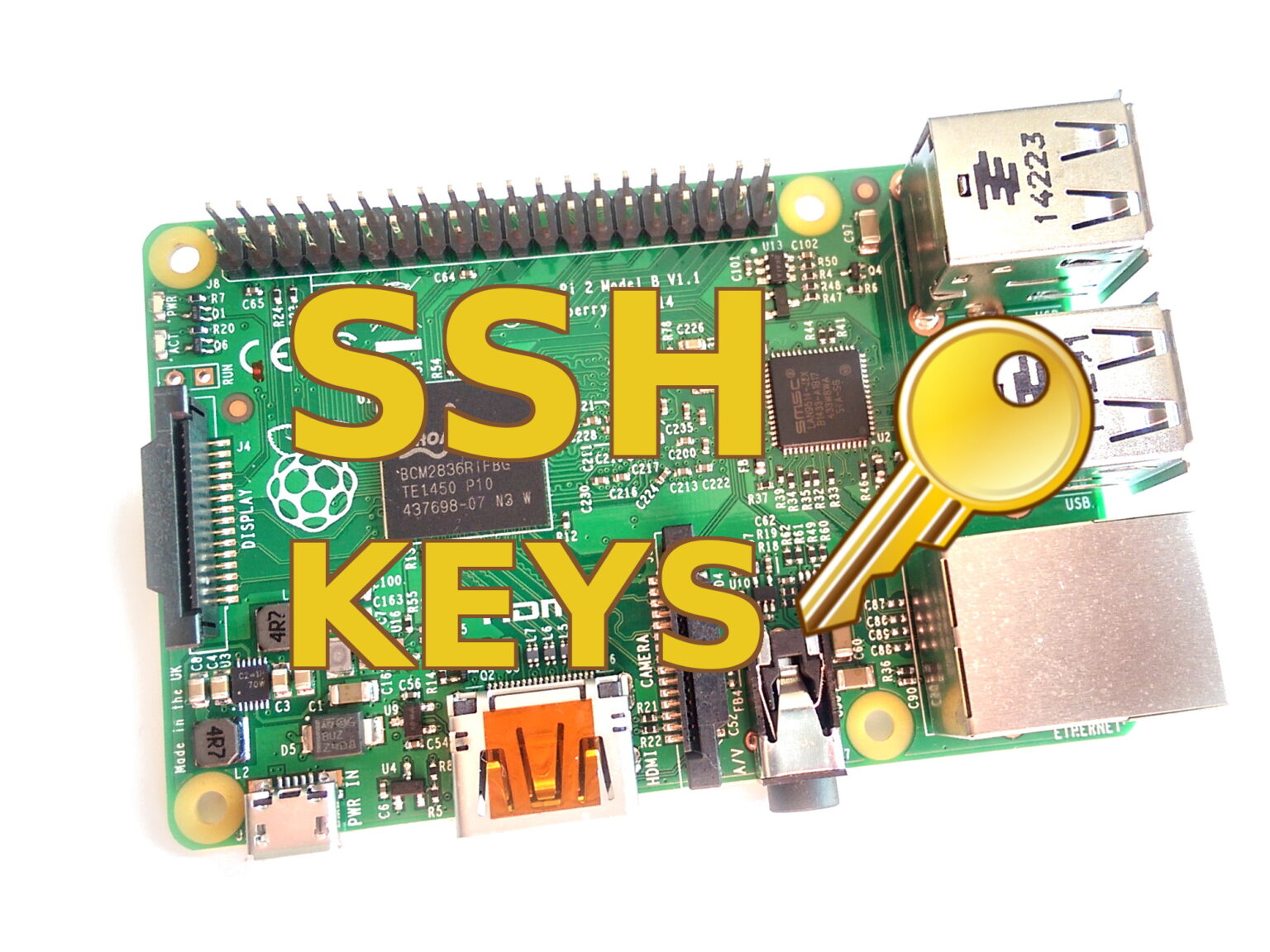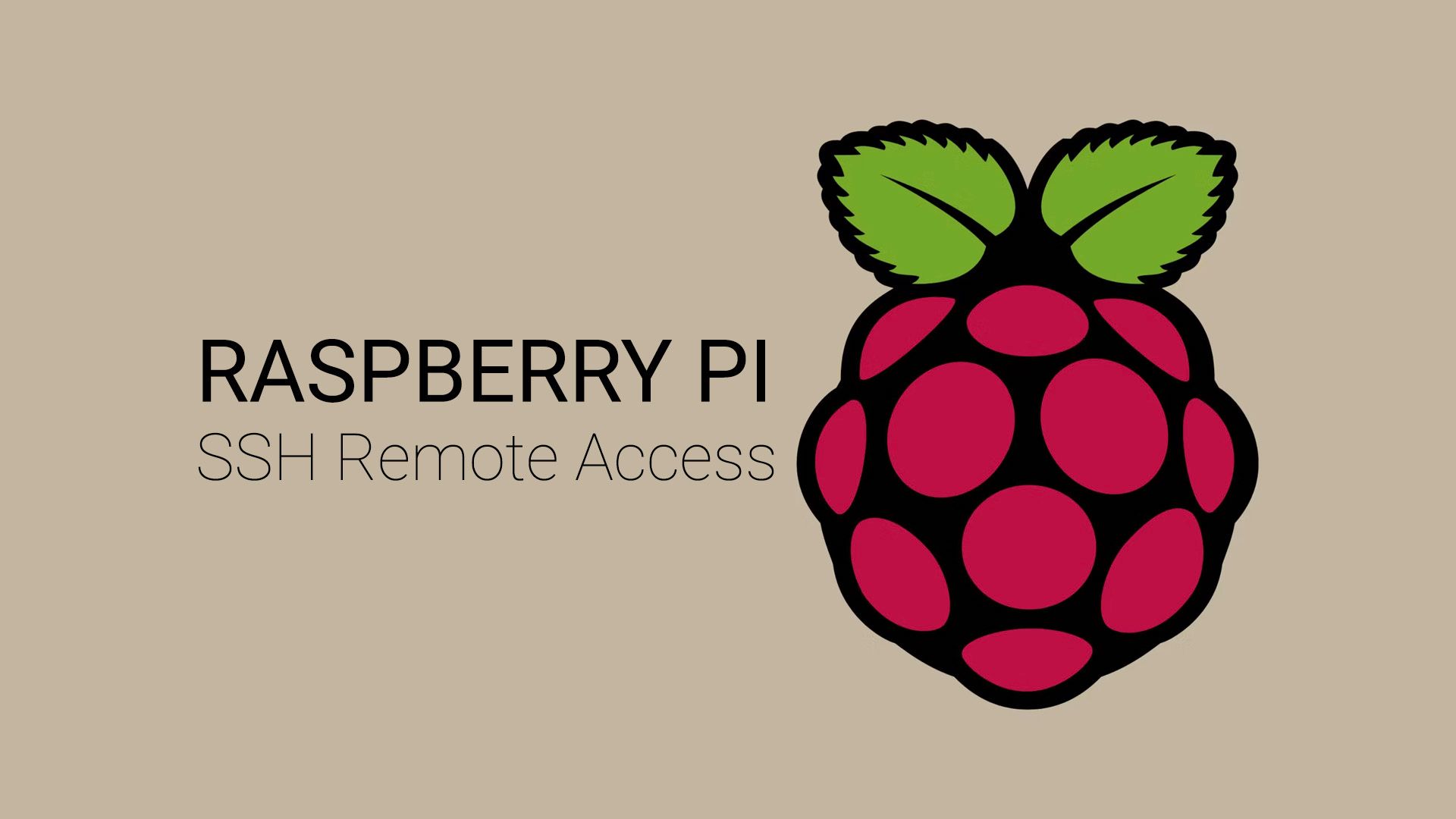Are you ready to unlock the full potential of your Raspberry Pi projects with unparalleled security and remote access capabilities? Harnessing the power of a free Remote IoT platform with SSH key integration for your Raspberry Pi is not just a convenience; it's a necessity in today's interconnected world. This guide will serve as your comprehensive roadmap, navigating you through every facet of setting up, managing, and securing your Raspberry Pi, ensuring a robust and efficient connection, irrespective of your experience level.
In an era where the Internet of Things (IoT) is rapidly transforming industries and daily life, the ability to manage and control devices remotely has become paramount. For enthusiasts, developers, and businesses alike, the Raspberry Pi has emerged as a versatile and affordable platform for building innovative IoT solutions. However, with increased connectivity comes the critical need for robust security. This is where the integration of SSH keys with a remote IoT platform becomes an invaluable asset. The process, once perceived as complex, is now streamlined and accessible, even for those new to the realm of IoT.
Before delving deeper into the specifics of implementation, it's beneficial to understand the pivotal role SSH keys play in safeguarding your Raspberry Pi. SSH (Secure Shell) keys are a cryptographic mechanism that offers a significant upgrade in security compared to traditional password-based authentication. By using SSH keys, you essentially create a pair of keys: a public key and a private key. The public key is installed on your Raspberry Pi, while the private key is kept secure on your local machine. When you initiate a connection, the platform verifies the authenticity of your private key against the public key, granting access only if they match. This effectively eliminates the vulnerability of password breaches, significantly reducing the risk of unauthorized access to your device and your projects.
- Taylor Simone Ledward Chadwick Bosemans Wife Life Legacy
- Trevor Noahs Love Life Minka Kelly Dating History More
The advantage of opting for a free remote IoT platform that incorporates SSH key functionality is threefold. Firstly, it eliminates the financial barrier to entry, allowing you to explore and experiment with IoT projects without incurring significant costs. Secondly, these platforms often provide user-friendly interfaces and straightforward setup processes, making them accessible even to those with limited technical expertise. Lastly, the inherent security of SSH keys ensures that your projects remain protected against potential threats, preserving the integrity and confidentiality of your data and applications. This comprehensive guide is designed to guide you through every step, equipping you with the knowledge and tools needed to establish a secure and efficient remote access solution for your Raspberry Pi.
| Key Features of a Free Remote IoT Platform with SSH Keys for Raspberry Pi | |
|---|---|
| Feature | Benefit |
| Free of Charge | Removes the financial barrier, allowing experimentation and learning without cost. |
| SSH Key Integration | Enhances security by providing secure access, protecting against unauthorized logins and data breaches. |
| User-Friendly Interface | Simplifies setup and management, making it accessible for users with varied levels of technical expertise. |
| Remote Access | Enables control and monitoring of Raspberry Pi projects from anywhere with an internet connection. |
| Simplified Configuration | Streamlines the setup process, reducing complexity and time to implementation. |
| Scalability Options | Offers paid upgrades for advanced features as your projects grow. |
The quest for a dependable remote IoT platform often commences with an in-depth assessment of your individual requirements. Consider the scope of your projects, your current technical expertise, and, of course, your budget. The marketplace brims with options, but selecting a solution that perfectly aligns with your needs calls for meticulous research. Fortunately, several outstanding, free platforms have gained considerable recognition for their ease of use, comprehensive features, and robust security protocols. As we explore these options, we'll also delve into the practical steps required to integrate SSH keys, enabling you to transform your Raspberry Pi into a secure and accessible remote device.
The popularity of the Raspberry Pi is undeniable. Its versatility and affordability make it a prime choice for a wide range of applications, from home automation to industrial control systems. Managing these devices remotely is crucial for optimal performance and functionality. The free remote IoT platform with SSH key solution offers a user-friendly and secure means of achieving this objective. Such a platform is not just a technological upgrade; it represents a paradigm shift in how we interact with and manage our devices.
- Unlock Ai Nudifier Magic Upload Undress Amaze Free Tools
- Movierulz Alternatives Safe Legal Streaming Options
The integration of SSH keys with a remote IoT platform for your Raspberry Pi projects might seem intimidating at first glance, but the reality is that the process is surprisingly straightforward. The core steps generally include the generation of an SSH key pair, the transfer of the public key to your Raspberry Pi, and the configuration of the remote IoT platform to utilize the SSH keys for authentication. This ensures a secured, reliable connection between your devices and the platform, thereby safeguarding your data and enhancing the efficiency of remote management.
Choosing a reliable platform is of the utmost importance. This is a field where security and privacy are paramount, so it's essential to carry out extensive research and review before making a commitment. Consider factors such as the platform's reputation, its track record of providing secure connections, and the quality of their customer support. A reliable platform should not only offer comprehensive security features but also facilitate ease of use, intuitive navigation, and an understanding of your long-term demands. With due diligence, you'll be equipped to create a remote IoT solution that is both efficient and secure.
Why is the use of SSH keys so crucial for Raspberry Pi? The answer lies in the nature of SSH (Secure Shell) keys themselves. SSH keys are an effective means of securing your Raspberry Pi. They do this by offering a robust alternative to password-based authentication. Rather than relying on easily guessable passwords, SSH keys use cryptographic keys to provide secure access. This is achieved using a pair of keys: a public key, which is installed on the Raspberry Pi, and a private key, which is kept secret on the user's computer. When a connection is attempted, the platform confirms the legitimacy of the private key, granting access only if a match is found. This effectively eliminates password-related security vulnerabilities, substantially lowering the danger of unauthorized access to your device.
The seamless integration of an SSH key with a remote IoT platform ensures a secure and efficient way of managing Raspberry Pi projects without the need for intricate configurations. Moreover, it offers flexibility. Whether you are a seasoned professional or just beginning to get into IoT, a free remote IoT platform that has the ability to integrate SSH keys with your Raspberry Pi can significantly improve your capabilities.
It's important to consider the specific advantages and functionalities of any free remote IoT platform under consideration. These platforms often present a range of features, from remote command execution and file transfer to real-time monitoring and alerts. To maximize your Raspberry Pis potential, choose a platform that closely aligns with your project needs. Consider its compatibility with other devices and its ability to expand as your projects evolve. The right platform becomes an invaluable partner in your IoT journey, empowering you to turn your ideas into realities.
One of the most common challenges encountered when implementing remote IoT solutions is addressing SSH key issues. The issue of "remote IoT platform SSH key not working Raspberry Pi" can be a significant obstacle. It's vital to understand that the root cause of this issue may stem from several potential sources. This includes misconfigured SSH keys, incorrect permissions, network connectivity problems, or conflicts with other software installed on the Raspberry Pi. Diagnosing the underlying cause is critical. Common causes may involve incorrect key formats, an inability of the SSH daemon to authenticate, or firewall restrictions that block SSH traffic. When confronted with such issues, a structured approach to troubleshooting is essential.
To resolve these issues, start with a thorough check of your SSH key configuration. Ensure that the public key is correctly installed on your Raspberry Pi and that the private key is stored securely on your local machine. Next, examine the SSH daemon's configuration files to verify that SSH key authentication is enabled. Then, examine the network configuration. Check for any firewall restrictions. This will help you confirm that SSH traffic is allowed, and that you can access your Raspberry Pi remotely. Furthermore, regularly update your system to the latest software versions. Addressing these technical concerns will facilitate smooth, secure remote access.
The steps outlined in this article provide a framework for not only resolving issues, but also for establishing a robust and secure remote access solution. With the increasing demand for Raspberry Pi devices, finding a reliable and efficient remote access platform is essential for developers, enthusiasts, and businesses. Thanks to the solution provided by a free remote IoT platform with an SSH key, the management of your Raspberry Pi remotely has never been simpler. This innovative platform enables users to secure and control their Raspberry Pi projects without complex configurations.
The best free remote IoT platform with SSH keys offers an innovative solution to streamline your IoT projects. Its important to identify platforms that provide innovative security protocols. Ensure that the platform utilizes modern encryption and data protection practices to safeguard your data. In a world where cyberattacks are becoming increasingly sophisticated, the focus on robust security measures is paramount. These include encryption of data in transit, regular security audits, and the ability to monitor and respond to security threats. As a developer, this protects your projects and also builds a foundation of trust with your end-users.
The journey to mastering the use of a free remote IoT platform with SSH keys for your Raspberry Pi is an investment in your future. By understanding the fundamentals, you can build a robust and secure remote access solution. Remember to consistently update your system to address the latest security threats and exploit the latest features. Your skills and capabilities in this area will continually evolve with the latest advancements, making you well-prepared for the exciting IoT frontier. You are now equipped to manage your Raspberry Pi remotely, secure your device, and explore the infinite possibilities of the Internet of Things.
- Undress Ai Free Tools Ai Photo Editing Now
- Trump Iq Test Results Former Nyma Employee Closet Discovery


